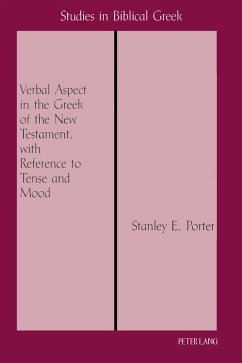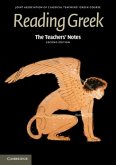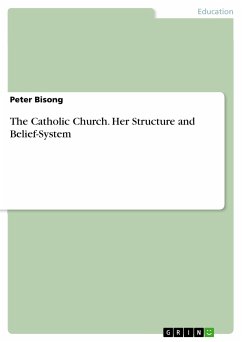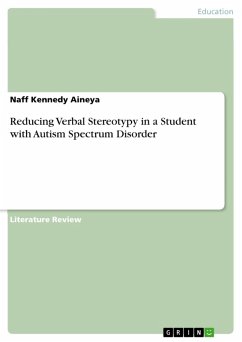This detailed work in Greek linguistics argues that the semantic category of synthetic verbal aspect provides a suggestive and workable linguistic model for explaining the range of uses of the tense-forms in Greek. The author addresses in particular those studying the hellenistic Greek of the New Testament, although those interested in Greek language from other periods, and in systemic linguistics and more general questions related to the study of ancient languages will benefit as well. This book will serve both as a textbook for advanced language classes, and as a reference tool for Greek language research.
Dieser Download kann aus rechtlichen Gründen nur mit Rechnungsadresse in A, B, BG, CY, CZ, D, DK, EW, E, FIN, F, GR, HR, H, IRL, I, LT, L, LR, M, NL, PL, P, R, S, SLO, SK ausgeliefert werden.









